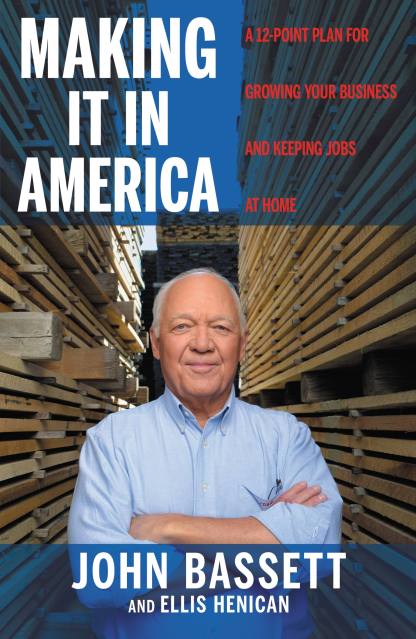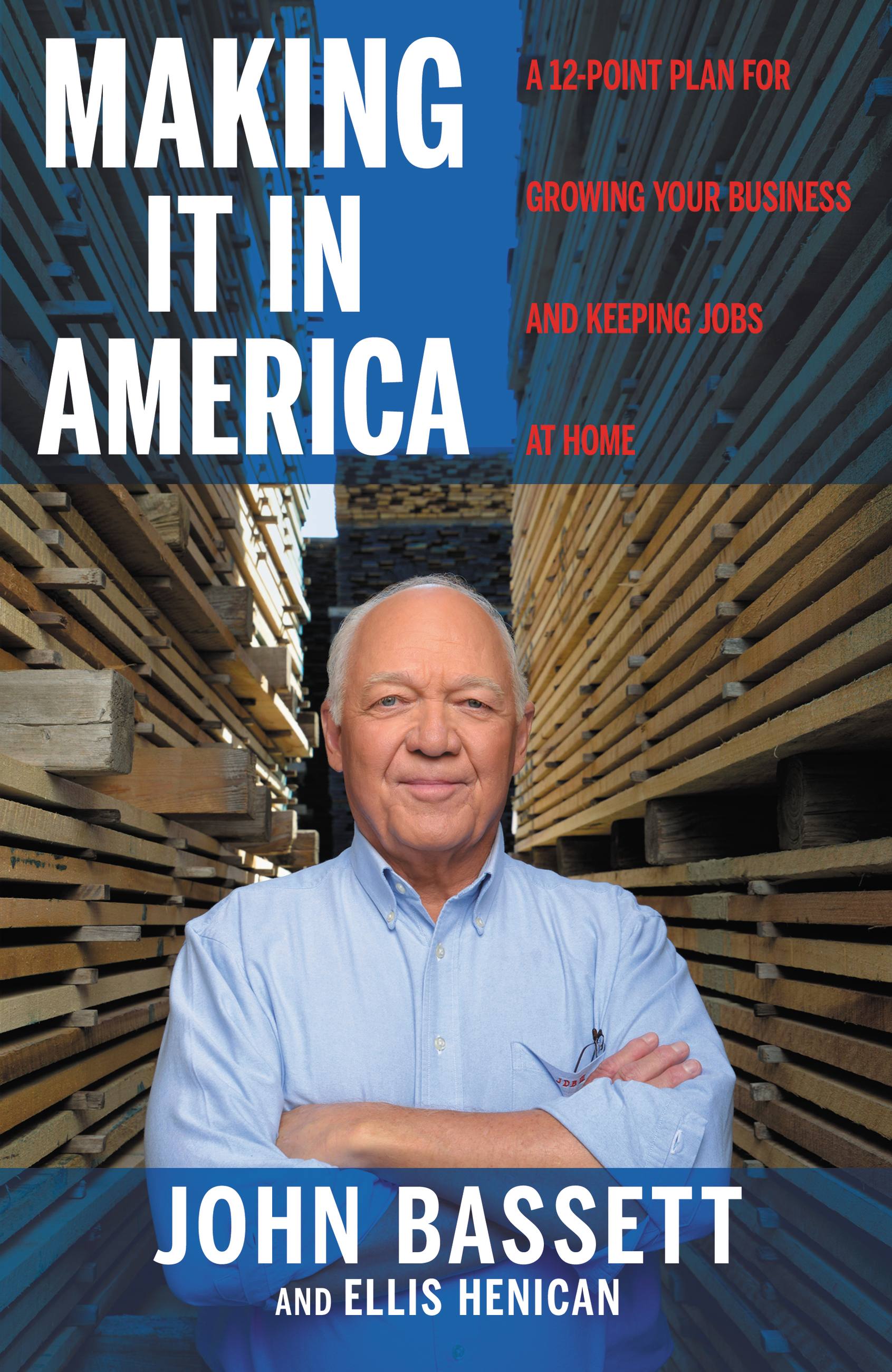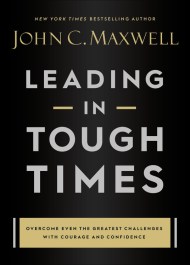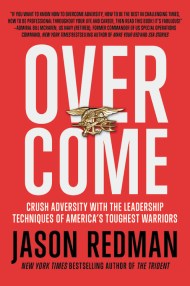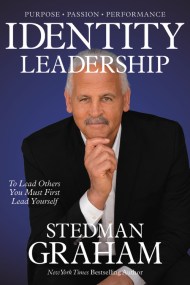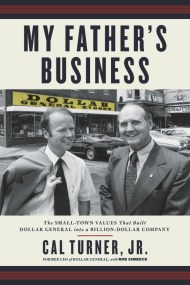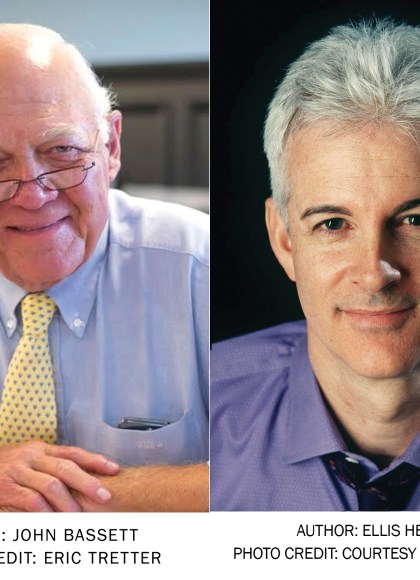By clicking “Accept,” you agree to the use of cookies and similar technologies on your device as set forth in our Cookie Policy and our Privacy Policy. Please note that certain cookies are essential for this website to function properly and do not require user consent to be deployed.
Making It in America
A 12-Point Plan for Growing Your Business and Keeping Jobs at Home
Contributors
By John Bassett
By Ellis Henican
Formats and Prices
- On Sale
- May 10, 2016
- Page Count
- 272 pages
- Publisher
- Center Street
- ISBN-13
- 9781455563579
Price
$8.99Price
$11.99 CADFormat
Format:
- ebook $8.99 $11.99 CAD
- Audiobook Download (Unabridged)
This item is a preorder. Your payment method will be charged immediately, and the product is expected to ship on or around May 10, 2016. This date is subject to change due to shipping delays beyond our control.
Buy from Other Retailers:
Everyone knows you can’t build things in America anymore. Everyone, that is, except John D. Bassett III. While one corporation after another exported their manufacturing to high-volume factories in low-wage locations overseas, Bassett’s traditional wood bedroom furniture manufacturing company has not only survived, but thrived, making premium products right here in America. When everyone else was rushing for the exits, Bassett bet on the talent, dedication, and uncompromising quality of American workmanship.
And he won.
In Making It in America, Bassett tells you the secrets that have made Vaughan-Bassett Furniture so successful doing what everyone said couldn’t be done. Drawing on rich life experience, including the everyday challenges running a traditional manufacturing company, Bassett constructs a 12-point plan to achieve successful leadership in any business. These steps include: Have a winning attitude, respect your employees, don’t panic, reinvest constantly, and make the best of the worst.
Bassett’s story is about how those values underpinned his personal success and how they can revitalize America itself. In the face of feckless leadership, crumbling infrastructure, and global competition, Bassett’s story is a blueprint for how America can revitalize its role as leader of the free world and how your success can be part of it.
Newsletter Signup
By clicking ‘Sign Up,’ I acknowledge that I have read and agree to Hachette Book Group’s Privacy Policy and Terms of Use
